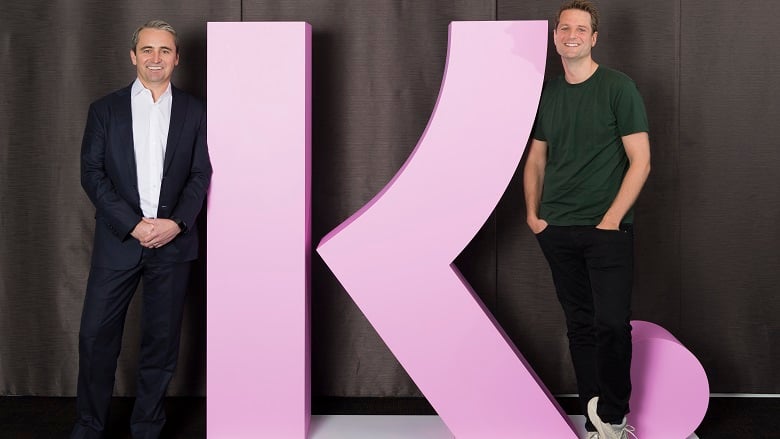Commonwealth Bank-backed fintech Klarna’s Australian foray is starting to look like a disaster for the Swedish buy now pay later startup.
Banking Day reports that just two years after its launch, an EY audit of Klarna Australia’s CY2021 performance reveals a net loss of $56 million, with revenue falling 71% on its first year of operation to just $3.1 million in 2021. In 2020, its debut year, Klarna generated $10.8 million in revenue from sales commissions.
The drop occurred despite the fact that company spent nine times that revenue figure, $27 million, on marketing and advertising in CY21.
Combined with a $14 million net loss in its first year, Klarna had a net asset deficiency of more than A$70 million on 31 December, 2021.
The audit was completed in August and recently lodged with Australian corporate regulators.
CBA helped launch Klarna in Australia in February 2020, investing US$300 million in the business for 5.5% stake.
CBA and Klarna jointly fund and have 50:50 ownership rights to Klarna’s Australian and New Zealand business. CBA also retains a right to partner with Klarna in Indonesia.
Klarna is available through the CommBank app. With nearly six million people using the app, that averages out Klarna’s 2021 revenue at just over 50 cents per CBA customer.
The RBA released figures in October 2021 that found total BNPL transactions in Australia in the 12 months to June 2021 were worth around A$11.5 billion.
Last year Klarna appeared to be going gangbusters globally, becoming the world’s second most valuable fintech after raising US$1 billion in March 2021 for a US$31 billion valuation. CBA’s investment in Klarna, which was valued at A$2.7 billion last year.
But as investor sentiment shifted this year, Klarna was one the startups hardest hit, with its valuation falling 85% in just 12 months from US$45.6 billion in June 2021 to US$6.7 billion following a US$800 million raise in July.
Valuation write-down
Buried in CBA’s 2022 annual report was a $2.3 billion write-down on the value of its investment in Klarna to just A$408 million on June 30 this year. That’s now less that the US$300m (A$470m) the bank invested in the BNPL.
More broadly, the BNPL sector had a torrid year in 2022. While ASX-listed Zip Co (ASX: ZIP) at least saw revenue grow by 57% in FY22 to A$620 million, bad debts and an $821.1 million impairment of goodwill and intangibles saw its losses rise by 48.7% to a staggering $1.1 billion last financial year.
In its second year of operation, Klarna saw its credit loss charges soar from $169,271 in 2020 to $8.5 million in CY2021. That’s more than half of the $15.1 million in receivables on Klarna Australia’s balance sheet.
Banking Day reports that E&Y partner Michael Byrne’s audit concluded that Klarna Australia’s operating losses and net asset deficiency resulted in material uncertainty “that may cast significant doubt on the group’s ability to continue as a going concern”, but notes that the company expects continued improvement in operating results for future years and the Australian subsidiary has the backing of its Swedish parent for at least another year.
“A letter of support has been obtained from the company’s parent entity to support the company for at least 12 months from the date of signing of this report,” the audit, dated August 19, 2022, says.
CBA has been contacted for comment.




















Trending
Daily startup news and insights, delivered to your inbox.